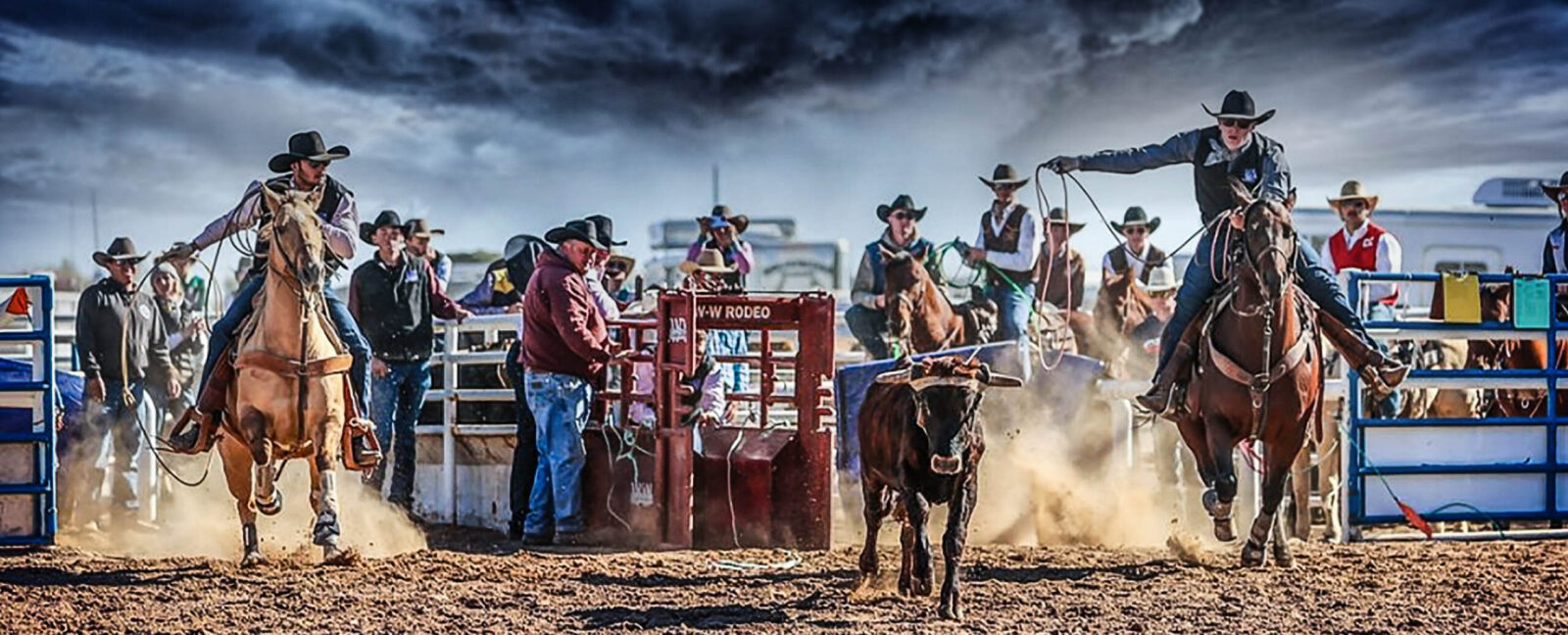There is one thing that is generally common and always present in the world of sports, whether it is at amateur levels or at elite professional ranks, individual or collective and that is a coach.
Coaching is one of those roles fundamental to any sports discipline and can easily determine to what heights the career of an athlete will reach, but it is a very undervalued and overlooked role (unless when the team/individual is losing).
The right coach is the deciding factor between a good athlete and a great athlete, no matter the level of talent of the athlete/group because a coach is responsible for the discipline, effort, consistency and spirit that animates the athlete. Coaching is especially key to young athletes, in their formative years, when their abilities are still raw and successes, exploits, are powered by potential and unrefined talent. The job of a coach at this level of an athlete’s development demands a lot of “extra work”, from responsibility to man-management ability and this is where the core values of the coach will be really tested both as a professional and as an individual, in the form of his/her coaching philosophy.
A coach’s style, purpose and values are components of the philosophy he/she develops and indoctrinates to the athlete/group. During the early years of an athlete’s career, the school of thought of the coach very easily will be part of the foundation upon which the athlete will build his/her own personal approach, philosophy and mentality towards competition, personal discipline and even their personality.
Every athlete at the high school level has most certainly shown some level of ability in earlier years, to still be an active competitor at that level and this is where a great coach begins work; believing that every athlete has something particular and slightly different to offer. This is the first true proof of coaching ability.
While we do not doubt that some individuals are multi-talented, it is hard to imagine that a Peyton Manning, Micheal Jordan, Maradona or Tiger Woods would have reached this level of world recognition and greatness in their respective sports if they had followed a different path. Being able to discern the true potential or ability of an athlete will give him/her a chance to develop rapidly and reach their peak. Many athletes never reach their peak or break beyond a certain level because their skill set doesn’t match the position, discipline or regime set by the coach. Every young athlete has some level of ability and undoubtedly, a load of potential, it is a sixth sense inherent to every great coach who identifies this and channels it in the right direction. Some of the greatest athletes of all time did not necessarily have a world of talent, they simply exploited their cache of ability to its fullest by unlocking the endless potential tied to them.
Man management is another fundamental skill and a necessary tool for every great coach because it affects the athlete’s productivity in multiple ways that cannot be easily reversed when set. An athlete’s level of energy is a balance between physical and psychological factors that all depend on the coach’s ability to boost the athlete mentally. This is especially true in team sports, where the group will almost always certainly have a hierarchy, from key players to squad players, bench players and backups, etc. Managing player egos and personal ambitions, making every member of the team buy into the team objectives and mentality, building team chemistry, all rely on the man-management skill of the coach.
A great coach is more than just tactics and strategy, it goes beyond experience, it is a synergy of all the individual has learnt as a human and as a professional, it transmits legacy.

